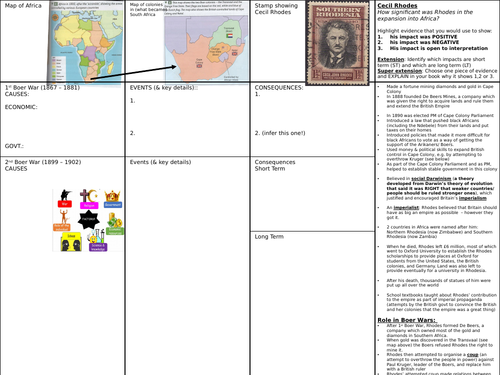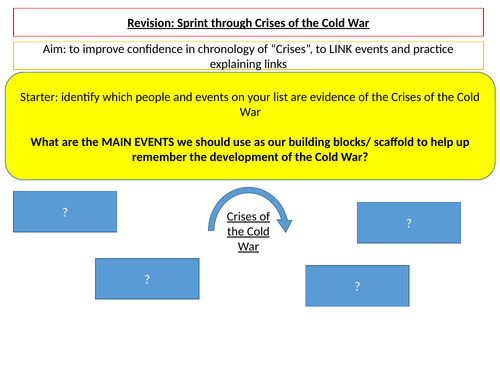History Heroes Shop
Resources for KS3, 4 and 5 History and KS5 Politics (Edexcel and AQA). I have been a teacher for 10 years, including planning and resourcing schemes of work for my department as HoD. I have been consistently graded as "Outstanding" and all my resources have been tried and tested in a variety of classrooms: comprehensive, academy and grammar. I strive always to ensure my lessons are well-differentiated for a mixed ability classroom.









